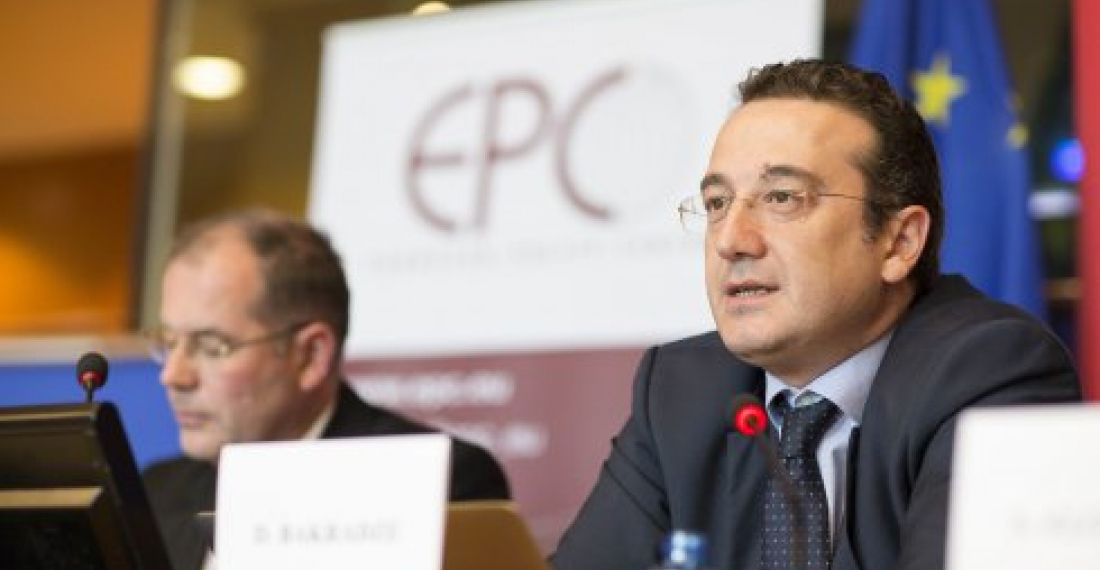The Georgian government will not allow anyone to use the forthcoming parliamentary elections to distabilise the country. This was stated by Georgian State Minister for European and Euro-atlantic integration, David Bakradze, on Tuesday (27 September) whilst addressing a policy dialogue on Georgia held at the European Parliament.
Bakradze told more than one hundred MEPs, EU officials, diplomats and representatives of civil society and the business community gathered in Brussels, that for Georgia elections were no longer a challenge, but an opportunity. He said that how the election campaign is held, and the election itself conducted is just as important as the result of the election itself.
Georgia should continue to enhance democracy, and democracy needs to become the norm in the country, the Minister said. Each political party has a contribution to make to the country, and in a consolidated democracy it is not a question of winner takes all. Whoever wins will be responsible for all citizens, not just its own supporters. David Bakradze said to build a powerful country Georgians must first of all respect each other, and this was a learning-by-doing-process. "On October 8, voters in Georgia will determine who will form a government and implement policy. But, respect alone will determine how strong we are as a European democracy", the State Minister said.
Bakradze listed a number of key reforms that the Georgian government had worked on since 2012, and said that the country had moved from the period of democratic transition to that democratic consolidation. This was ongoing despite the fact that the government faced a constant propaganda warfare from anti-western forces who were trying to convince the Georgian people that reforms were futile. "They do not understand", Bakradze said, "that we actually believe in these reforms".
The Georgian State Minister also touched on the government's social and economic policy. He referred to the free and comprehensive health care system that gave Georgians free medical assistance for the first time in more than twenty years. The government was introducing new initiatives to make Georgia more attractive for investment - creating a simpler, one stop window for the investor to deal with all government related issues. There was also an ongoing effort to simplify the country's tax system. The Georgian Minister said that Georgia was not a perfect country and a lot of work still needed to be done in all sectors, but the achievements of recent years was real, and this was now confirmed by different international organisations who assessed the country's progress. "As guardians of our country's present, we take responsibility for its future", David Bakradze said.
After his keynote speech, the Georgian Minister answered questions from several MEPs and civil society activists attending the event.
The policy dialogue on the theme "Georgia: Recognising achievements, consolidating reforms and addressing future challenges and aspirations" was organised by the European Policy Centre and LINKS (Dialogue Analysis and Research) under the patronage of the S and D Group in the European Parliament. It was chaired and hosted by Andrej Mamikins, MEP from Latvia.
source: commonspace.eu
photo: Georgian State Minister David Bakradze addressing a policy dialogue at the European Parliament on Tuesday, 27 September 2016.






